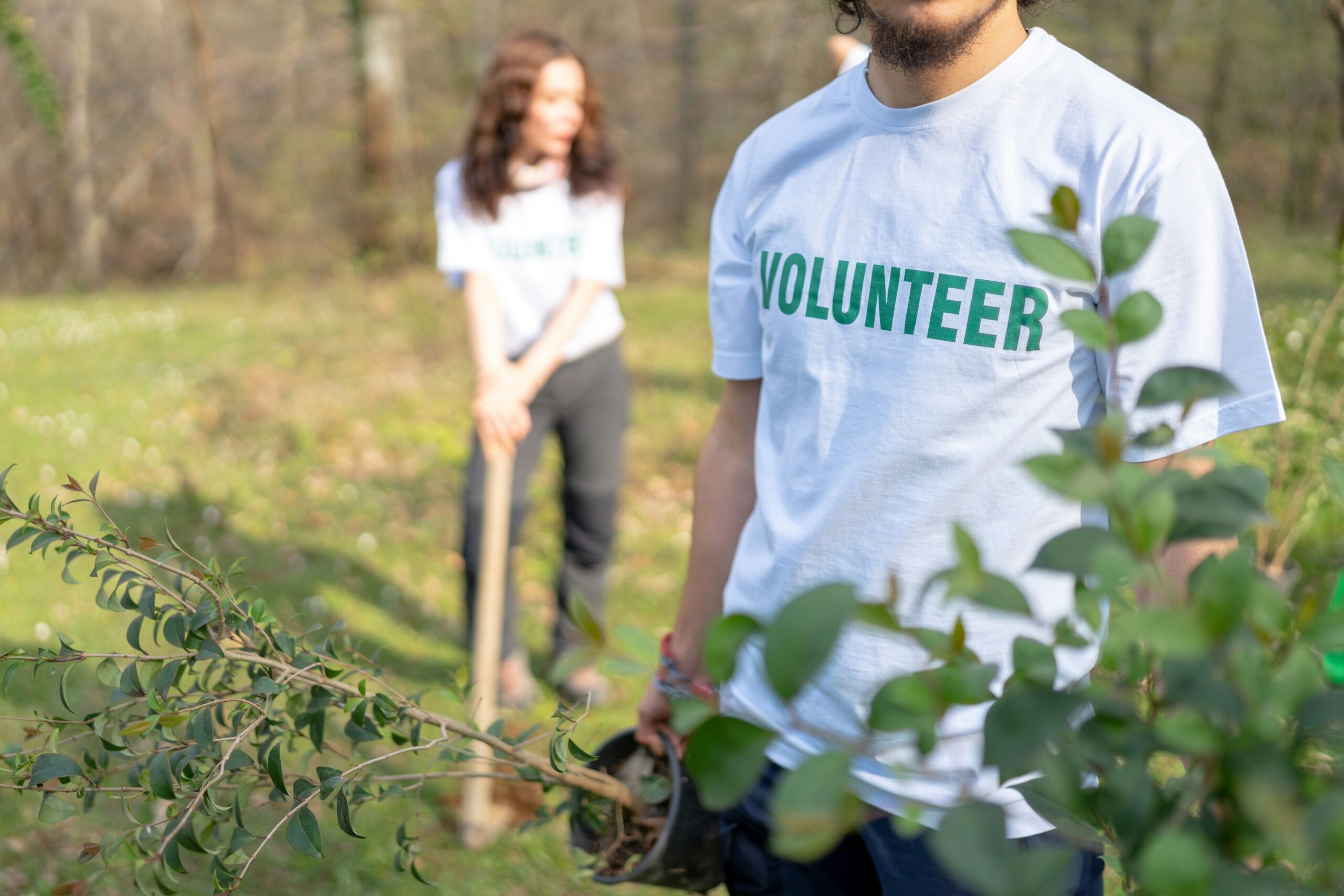
Volunteering has long been a cornerstone of social development, serving as a fundamental way for individuals to contribute to their communities. From improving local infrastructure to providing educational support, volunteers play an indispensable role in making positive changes. In this article, we will explore the multifaceted impact of volunteering on local communities and how these selfless acts of service can lead to broader societal benefits.
Building Stronger Communities
At its core, volunteering fosters a sense of community. When individuals come together for a common cause, they create bonds that extend beyond the work itself. These connections build trust and a sense of belonging, essential elements for the growth of a healthy community. Volunteers often become catalysts for social cohesion, connecting people from different backgrounds and walks of life.
Local organizations that rely on volunteers for various activities, such as food drives, charity events, or neighborhood cleanups, often report more robust community engagement and higher levels of social participation. When residents actively engage with one another, they feel more invested in the welfare of their neighbors and the overall prosperity of their area. This, in turn, can help lower crime rates and increase local support systems for those in need.
Creating Economic Benefits
While volunteering is often thought of as a purely altruistic activity, it also yields economic benefits for local communities. Volunteers can help reduce organizations’ costs by providing essential services without the need for paid labor. This cost-saving aspect enables nonprofit organizations to allocate their limited resources more effectively, thereby allowing them to expand their reach and serve more individuals in need.
Moreover, volunteerism contributes to local economies by stimulating job creation and enhancing workforce development. Many volunteers gain new skills or refine existing ones, which can lead to increased employability and career growth. This benefit is significant in underserved communities, where access to formal education and training may be limited. Volunteers who work in community programs often serve as mentors or role models for others, encouraging skill-building and further involvement in community-based projects.
Fostering Civic Responsibility
Volunteering plays a significant role in nurturing civic responsibility. When individuals engage in volunteer work, they develop a deeper understanding of societal issues and become more aware of the challenges faced by their communities. This heightened awareness often leads to increased political and social participation, as volunteers are more likely to advocate for policies that support community development and well-being.
In addition, volunteering promotes leadership skills and civic engagement among younger generations. By participating in community projects, young people gain firsthand experience in organizing events, working with diverse groups, and managing resources. These opportunities not only help them build character and leadership qualities but also instill a sense of duty to contribute to the greater good. As a result, they are more likely to become active, engaged citizens who continue to contribute positively to their communities throughout their lives.
Supporting Local Health Initiatives
Volunteering also has a significant impact on local health and well-being. Many health-related programs, such as blood drives, wellness screenings, or mental health support services, rely heavily on volunteer participation. Volunteers help run these initiatives, ensuring that communities have access to vital healthcare services that they may not be able to afford otherwise.
Moreover, volunteering itself has been shown to improve the health of the volunteers. Research indicates that individuals who engage in volunteer work experience lower levels of stress and depression and improved overall well-being. This can lead to a more resilient and healthy community, as volunteers often encourage others to participate in wellness activities and prioritize mental health.
Encouraging Diversity and Inclusion
Volunteerism is a powerful tool for promoting diversity and inclusion within communities. When individuals from various backgrounds come together to volunteer, they share unique perspectives and learn from one another. This cultural exchange helps reduce stereotypes and prejudices, fostering an environment of mutual respect and understanding.
In many communities, volunteer programs specifically aim to include marginalized groups, ensuring that everyone has an opportunity to contribute and be valued. These initiatives can include outreach programs for refugees, assistance for individuals with disabilities, or activities aimed at supporting underrepresented youth. By actively working to involve diverse populations, volunteer efforts help create more inclusive communities where everyone has a voice and a role to play.
The Ripple Effect of Volunteering
The impact of volunteering goes beyond the immediate community. When volunteers contribute to local causes, they inspire others to do the same. This ripple effect can lead to a broader culture of giving and service, where volunteering becomes the norm rather than the exception.
From strengthening social bonds to addressing critical needs, volunteers are an integral part of the fabric that holds communities together. The benefits of volunteering extend far beyond the immediate goals of individual projects; they have lasting effects on community health, economic development, and social well-being. Whether through direct service or fostering civic responsibility, volunteering has the power to transform communities and shape a better future for all.